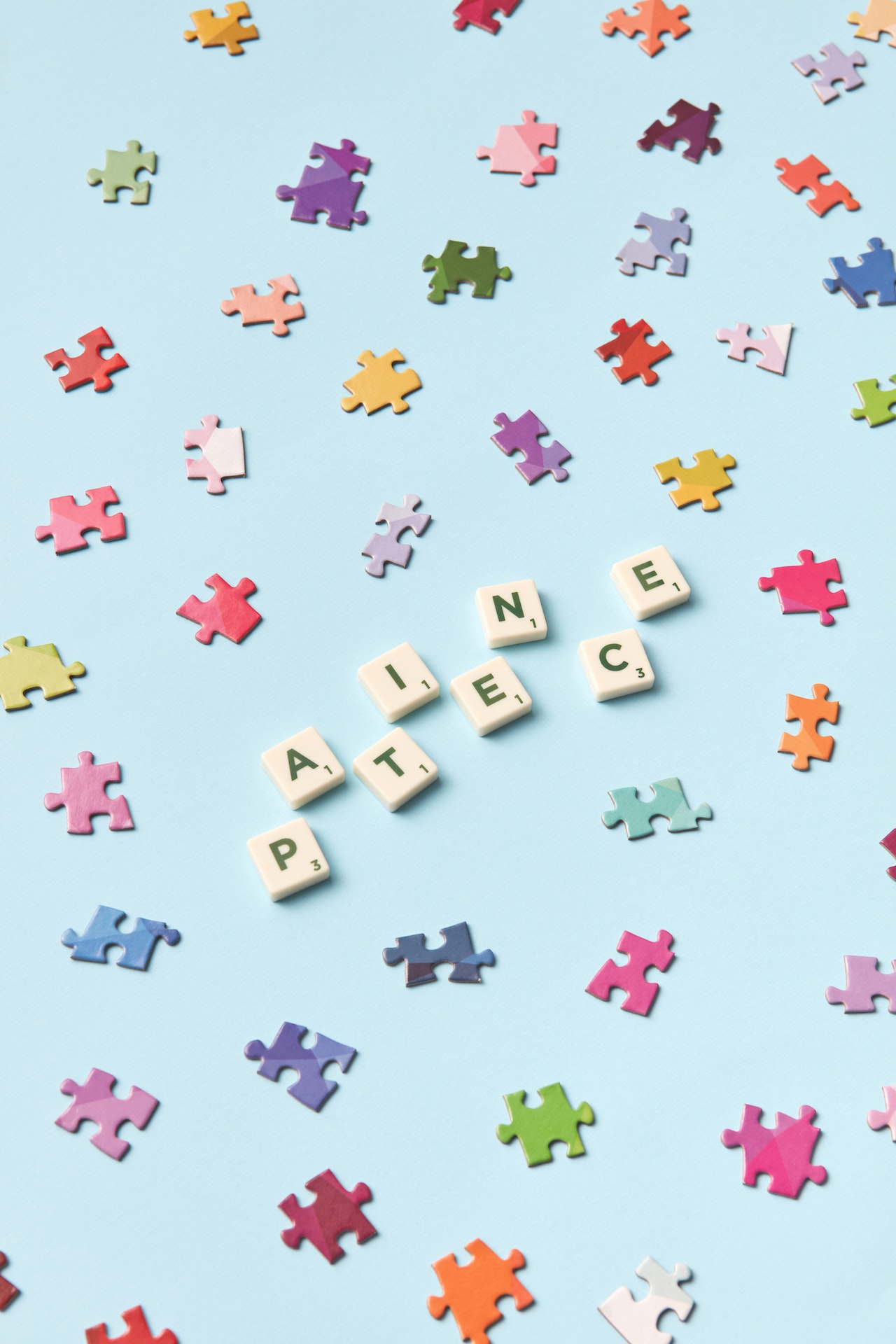Increased patience will make people happier since it enables them to deal with difficult situations calmly and cheerfully as opposed to being upset and stressed out. Better relationships, decision-making, and general wellbeing can emerge from this.
A branch of research called “The Science Behind Patience and Happiness” looks at how these two significant components of our lives relate to one another. A growing collection of research and studies has examined the link between patience and happiness, offering insightful information about the ways that patience may enhance our wellbeing.
Research has also looked at the physiological advantages of techniques like deep breathing and mindfulness meditation, which can assist to develop more resilience and patience in the face of obstacles in life.
The advantages of patience psychologically are as compelling. We may lessen stress, strengthen our bonds with others, and create better pleasure in our lives by having reasonable expectations and controlling our impatience. Also, the practise of patience can assist to create better resilience and mental stability, helping us to more effectively manage life’s hardships and problems.
Let’s learn more about below points in depth ( tap / click to jump to the respective topic )
1. Impatience: What it is and How to Overcome it ?
3. Practical Tips for Cultivating Patience
4. निष्कर्ष
Impatience: What it is and How to Overcome it
Let’s learn more about impatience first, then move on to patience.
When we don’t get what we want instantly or when things don’t go according to how we planned or had hoped, we frequently experience impatience, and it is a very common emotion.
Impatience is a normal and healthy human emotion. But when it gets in the way of our relationships and everyday lives ( friends, community members, office colleagues etc ), it will definitely become very harmful.
As an example, impatience can result in bad choices, tension, and even hostile conduct. Moreover, impatience can damage interpersonal bonds and lead to negative emotions like resentment and sadness.
There are number of factors for impatience, including biological ones like heredity and brain chemistry as well as environmental and psychological ones like stress and irrational expectations.
Anyone with strict standards for themselves as well as others might become impatient when things do not go according to plan.
It is possible to control the emotion of impatience, and there are several doable methods for doing so. For instance, using mindfulness and relaxation practises can support people in maintaining their composure and centre even under trying circumstances. Impatience can also be lessened by prioritising work, setting reasonable expectations, and taking pauses as necessary.
Patience : What is it ?
The ability of patience may significantly affect our success and well-being in both our personal and professional life. But what is patience precisely, and how is it different from principles like tolerance and forbearance that are similar? To further grasp their significance in fostering success and pleasure, we will examine these fundamental ideas and their variations in the next essay.
Patience: What Is It?
A state of mind known as patience is characterised by composure, restraint, and perseverance in the face of struggle or misfortune. It’s the capacity to patiently and successfully wait for an event to occur or for a circumstance to change. Accepting that things might not happen as soon as we’d want to while restraining our inclination to get annoyed or furious requires patience.
Tolerance: What Is It?
Tolerance is the capacity to tolerate and bear things that are contrary to our own beliefs, views, or circumstances without becoming upset. It’s the ability to appreciate and comprehend other people’s views, behaviours, and viewpoints even when we don’t share them. In relationships and communities, tolerance fosters peace and understanding and is a crucial part of empathy.
What is Forbearance?
It is similar to patience in that it involves self-control and the ability to resist immediate gratification.
It goes beyond just waiting for something to happen, as it involves choosing to delay our own goals or needs for the sake of others.
It requires a sense of sacrifice and generosity, as well as the ability to put the needs of others ahead of our own.
The Three Virtues: Patience, Tolerance, and Forbearance: Their Differences
Although all three ideas entail elements of restraint and the capacity to persevere through trying or demanding circumstances, there are significant distinctions between patience, tolerance, and forbearance. Although tolerance entails embracing and understanding individuals, ideas, and circumstances that are different from our own, patience is centred on waiting peacefully for something to happen or for a situation to improve. For the benefit of others, we might choose to postpone our own objectives or wants.
In conclusion, the virtues of forbearance, tolerance, and patience are all significant ideas that can enhance our success and pleasure. We may enhance our interpersonal interactions, lessen stress, and foster greater wellbeing by being aware of their variations and putting each one into practise in our everyday lives.
Practical Tips for Cultivating Patience
Practical Suggestions for Developing Patience: Mindfulness meditation, deep breathing, and gratitude exercises are a few simple activities and exercises for enhancing patience. Moreover, there are a number of methods for controlling impatience in real-world circumstances, including defining priorities, establishing reasonable expectations, and taking pauses as necessary.
Setting attainable objectives, engaging in frequent patience-enhancing activities, and incorporating patience-enhancing behaviours into daily life are all useful in developing the habit of patience.
Taking the time, efforts to develop patience will surely result in increased pleasure and success in both your personal and professional life. This can be done through mindfulness meditation, deep breathing, gratitude, and goal-setting techniques.
निष्कर्ष
Cultivating patience leads to greater happiness; as it enables a person to deal with difficult situations calmly and cheerfully.
Better relationships, decision-making, and overall well-being for the person and his family are the fruits of practicing to increase patience.
Numerous research has shown that deep breathing and mindfulness meditation can help individuals develop resilience and patience in the face of obstacles, leading to better mental stability and as well resilience.
Mindfulness meditation, deep breathing, gratitude exercises, and goal-setting techniques can help develop patience, leading to increased pleasure and success in both personal and professional life.




